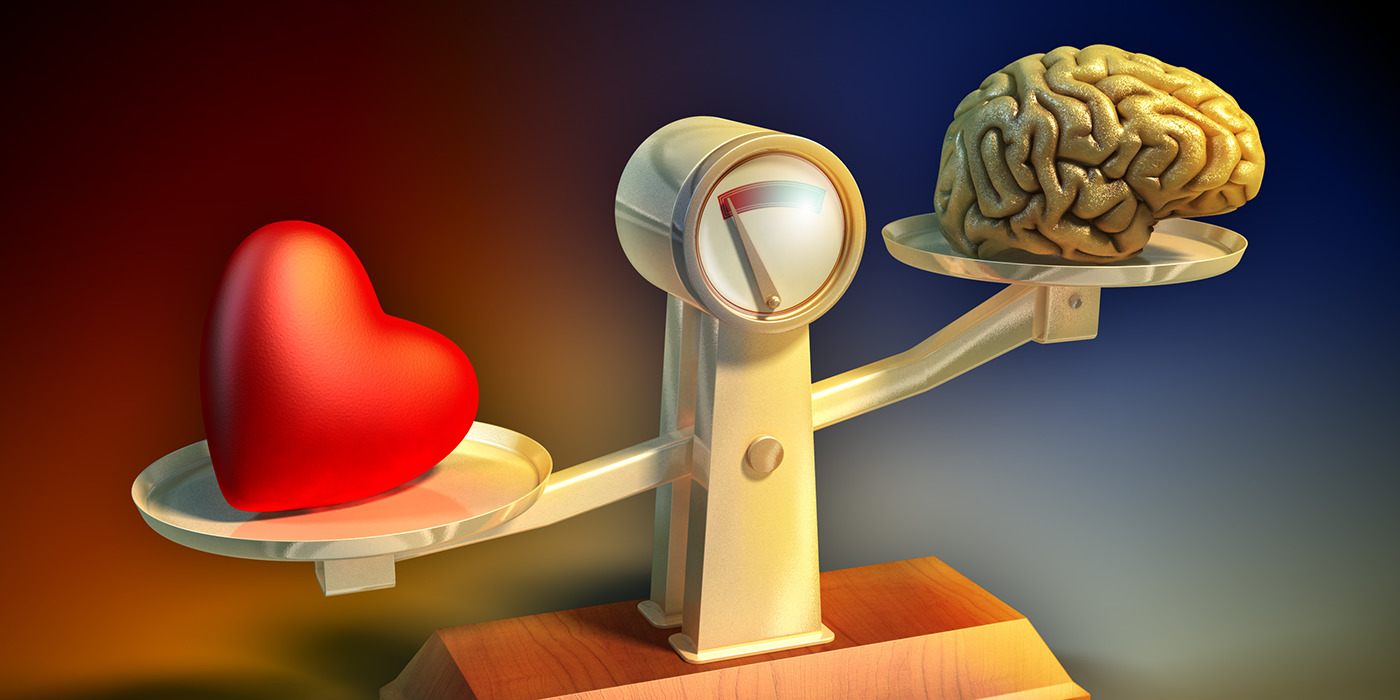
I was blessed with the opportunity to join the SA Fellowship of the Spirit more than eight years ago. When I then joined my first meeting, my sole motive was breaking free from the prison of lust, in the shade of which I had been living since my early teenage years. Over time, I discovered that by following the Twelve Steps, I gradually receive more valuable gifts of recovery, which occur to be things that I had no intention of receiving in the first place, which were to some extent incomprehensible from my former perspective. One of these gifts has to do with emotional sobriety.
During the time of my active addiction, emotions were the most important value, or the source of which every other value was derived from. I treated emotions as the guide to what should be. What I felt towards something determined my attitude and the actions I took; If I felt something was causing me pleasure, I would engage in it and vice versa, without minding other aspects such as negative influence on other people (even myself). This is how I decided who to make friends with, how to treat people or even what career path to pursue. Since emotions had such a big role in my life, the way I experienced them was extreme, both physically and mentally. If emotions were reflecting reality and its desirableness, feeling bad meant that something was wrong–a thought which in turn amplified the bad feeling. The outcome of an apparent minor event such as getting a lower-than-expected grade on some college exam, or even the fear of such a situation to come – could throw me into a magic cycle of desperation, which I had no choice but sinking deeper into. Sometimes, when the feeling (positive or negative) was too intense, lust served as the preset mechanism for soothing.
In recovery, I found out a different path. The upper-most value or consideration in my life now is my connection with my Higher Power. “Connection with my Higher Power” for me is synonymous with “spirituality” and is manifested in the attitude I choose and the actions I take. In the early days of my sobriety, it wasn’t rare for me to be struck by prolonged waves of lust obsession accompanied by strong emotions. However, I don’t think that I was less “spiritual” or connected to my Higher Power as long as I took the right actions in order to stay sober and be useful and loving to the people around me.
Therefore, I try not to treat emotions as necessarily being an indication of reality (the what) or the ends I should pursue (the why). Sometimes doing the right thing can feel wrong or alternatively, doing the wrong thing can feel right. It wasn’t until after I started making amends at the Ninth Step than I found out I often feel guilty without previously doing any harm or mistaking; This understanding came after I called a former colleague, and through his feedback understood that I didn’t harm him as I felt I did, a feeling which caused the memory of the event to be disproportionate to the actual event. I’ve learned that feelings can sometimes even have no patterns and be random, just like the weather, as one member described it to me.
Even though feelings are not facts, I try to accept their existence and not ignore or fight them. I learned that being judgmental – treating a certain feeling as something that I shouldn’t have felt at all or felt differently – is a big barrier for self-love and compassion; And if I can’t show them to myself, I can’t show it to other people as well. Acceptance of my feelings can sometimes have an active implication; Just as having a rainy day outside requires me to put a coat on before I leave home, feeling stressed for me could require a pause for a short prayer and meditation routine.
The path for emotional sobriety is rooted in the Twelve Steps in my experience. The Steps allow me to reduce my self-centeredness which is over-focused on my emotions and feeling good all the time, which thereby amplifies them to extremes. Surrender and acceptance, getting rid of resentments, analyzing my mistakes and wrong attitudes, outgrowing fears and making amends are spiritual and practical principles internalized in the steps, that allow me to be free of the past and the future, and be present in the now–aware of my feelings, but not identical with them. When I’m present, I feel every emotion in its purest form. I can feel pain, but that isn’t an equivalent of ‘suffering’, because I don’t inflict the latter by fighting the feeling of pain, which is totally natural. In this way, I can also utilize the energy contained in my emotions towards life, my Higher Power, and the people around me. This happens by saying a plain “thank you” when I’m enjoying or appreciating something, or praying for someone when I hear that something misfortunate has happened to her which causes me pain and sadness. I’m really grateful for this journey my Higher Power has been taking me through.
Elad T., Haifa, Israel






